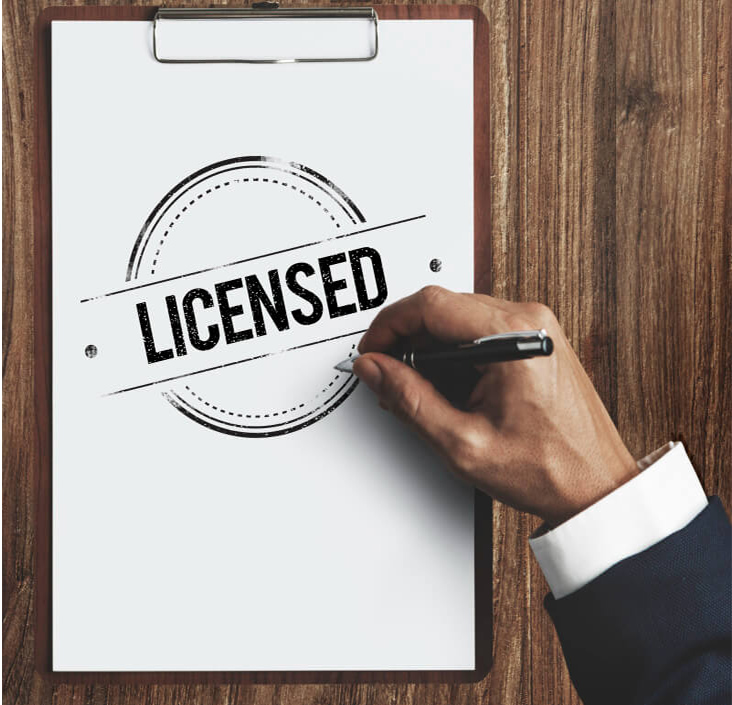License
Obtaining licenses to run a business in India involves navigating a complex landscape of regulations that vary based on the type of business and state-specific requirements. For general operations, businesses typically need a Trade License from local municipal authorities, GST Registration for tax compliance, and Professional Tax Registration in states where applicable.
Specific types of businesses have additional requirements:manufacturing units need a Factory License from state labor departments and Pollution Control Clearance from State Pollution Control Boards if they produce emissions. Food and beverage businesses must secure an FSSAI License for food safety and may need a Liquor License from state excise departments if selling alcohol. Retail operations require a Shop and Establishment Act License from local authorities, while healthcare facilities need Clinical Establishment Registration from state health departments and pharmacies require licenses from state drug control departments. Educational institutions must obtain a No Objection Certificate (NOC) from state education departments. State-wise variations can include specific regulations such as the Maharashtra Shops and Establishments Act, Karnataka's additional manufacturing clearances, Delhi’s particular business permissions, and Tamil Nadu's industry-specific licenses. Each state has unique regulations, making it essential for businesses to consult local authorities to ensure comprehensive compliance.





